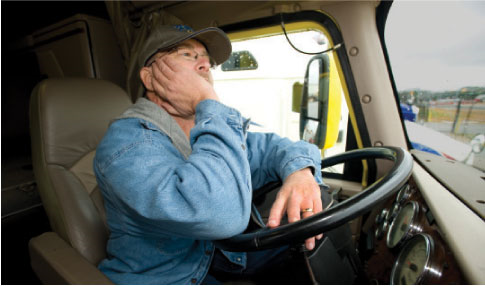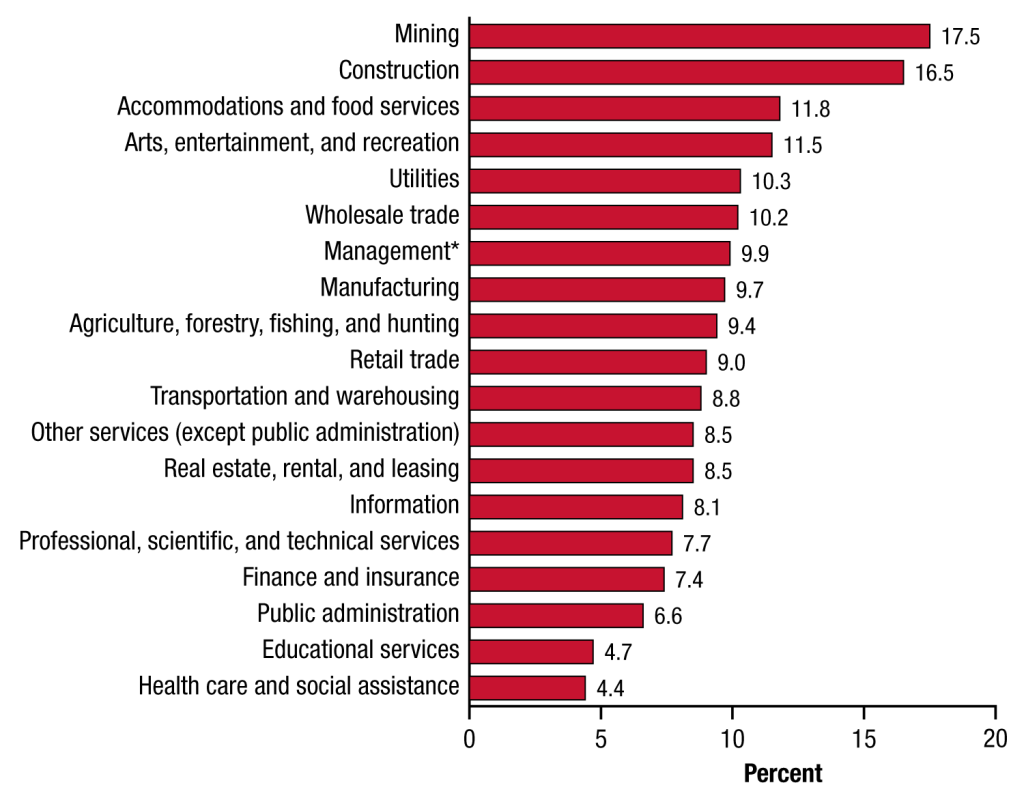Cheapest DOT Supervisor Training Online – $35 or less!
Looking for 60/60 drug & alcohol reasonable suspicion DOT supervisor training online?
Look no further. You can fulfill your federal requirements for a single person or your entire organization right here!
Is online training DOT compliant?
Yes. Thousands of companies utilize online training every year to fulfill the 60 minutes drug and 60 minutes alcohol reasonable suspicion supervisor training requirements for FMCSA (trucking) , FAA (aviation), FTA (transportation), USCG, PHMSA (pipeline). See the CFR regulations here.
Why online?
In person training sessions are nice but they can be expensive and hard to coordinate with trainer and employee schedules, or maybe you just need to ensure one or two employees are trained as part of their onboarding process. DVD video courses are typically outdated, poorly produced and just might put your employees into a comatose state. Employees are more likely to surf their smart phone than engage with a video. AtHandTraining’s online course can only be completed if your supervisors are engaged with the content and pass quizzes ensuring they understand the important concepts.
Top 6 benefits of using AtHandTraining’s online course:
#1. Ensure DOT compliance for 60/60 drug and alcohol reasonable suspicion training. Certificates can be generated and training records are stored online.
#2. Employees can access it from anywhere, anytime with any device: iPad, iPhone, Android phone or tablet, PC, MAC- whatever, we have you covered.
#3. Course material updated yearly – new statistics, new drugs, new photos.
#4. Supervisors are quizzed along the way ensuring a basic level of understanding of the key concepts
#5. Administrator access to employee reports
#6. It’s available right now!
Bonus #7. No clip art. Nothing says “made in 1982” like a nice piece of clip art.
Read more
Who needs this training and how often does DOT require it be taken?
Any supervisor or employee who has the ability to initiate a reasonable suspicion drug or alcohol test and is covered under any of the Department of Transportation agencies FMCSA, FAA, FTA, USCG, PHMSA. Only FAA requires “recurring training every 12-18 months. However, DOT recommends all supervisors re-educate every two years for as best practice. See regulatory requirements for all DOT modes here.
Other online courses run anywhere from $45-$79. Why is AtHandTraining’s course only $35 or less if I buy 50 or more?
Many other providers are piggy backing off of some other learning management system’s (“LMS”) software and must give a kick back to the LMS providers for every course taken. AtHandTraining manages our own system. We simply skipped the middleman.
Purchase and access training right now!
Click Here To Buy DOT Supervisor Course – $35 or less!
Click Here To Buy DOT Employee Drug Awareness Course – $10 or less!
Course topics – DOT Supervisor Training Online
Intro: The Drug Free Workplace Act of 1988 | Reasonable suspicion training requirements (Regulations overview) | Record keeping | Course learning objectives
The Big Picture: The effects of substance abuse on society | The effects of substance abuse on the individual and family | The effects of substance abuse in the workplace
Drug Testing: The drug testing process & safeguards | Substance Abuse Professionals | DOT substance testing | Detection times | Refusals
Alcohol Testing: The alcohol testing process | Evidential breath tests (EBTs) | Breath Alcohol content (BAC)
Drug Classifications & Effects of Use: Depressants | Stimulants | Hallucinogens | Other drugs of abuse (K2/Spice, Bath Salts, etc.)
The Supervisors Role: Role overview | Confidentiality | Reasonable suspicion testing | Specific, Contemporaneous, articulable definitions w/examples
Common Use Indicators: Identifying abusers | Stereotyping | Physical symptoms | Behavioral symptoms | Mental symptoms | Job performance | Drug paraphernalia
Intervention: Crisis vs. performance scenarios | Documentation | Enabling | Confrontation and interview | Dos and don’ts | Transportation to the collection site
DOT Supervisor Training Online fulfills:
Federal Motor Carrier Safety Administration (FMCSA) – 49CFR Part 382.603
Federal Aviation Administration (FAA) – 14 CFR Part 121 Append I & J
Federal Transit Administration (FTA) – 49 CFR 655
Pipeline and Hazardous Materials Safety administration (PHMSA)
U.S. Coast Guard (USCG) – §16.250 Reasonable cause testing requirements


